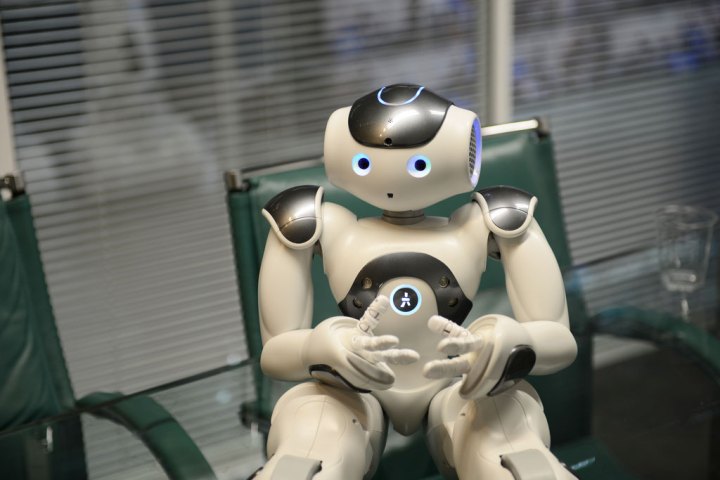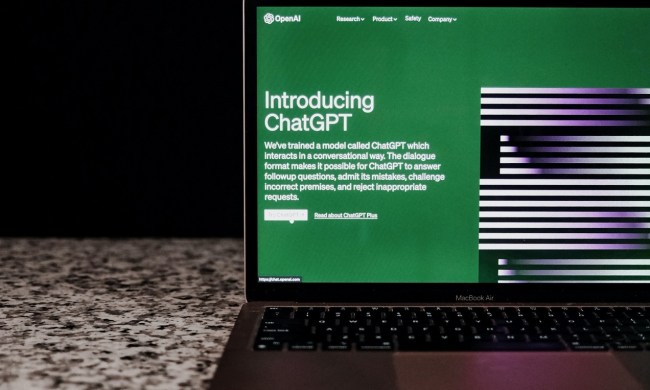
As it turns out, the Artificial Intelligence (AI) system developed by Japan’s National Institute of Informatics is now smart enough to pass the country’s college entrance exam, scoring 511 out of 950 possible points. This represents a nearly 100-point advantage on the national average of 416. Get ready for robot roommates, kids.
As the Wall Street Journal notes, the AI performed “exceptionally well on math and history-related problems,” achieving a score that gave it an 80 percent chance of getting into one of 441 private universities and 33 national institutions. The Institute has been working towards developing a system clever enough to excel on the test since 2011, but this is the first year that the AI has actually surpassed the national average. Still, considering that researchers initially expected to take until 2021 to achieve this goal, the robots are performing well ahead of the curve (in more ways than one).
This is by no means the first time a non-human entity has performed relatively well on human tests. Just a few months ago, a collaboration between the Allen Institute for Artificial Intelligence (AI2) and the University of Washington produced a program that was able to score a 500 on the math section of the SAT, just under the national average of a 513. More impressive still was the fact that this AI system read questions straight off the page, rather than having the information fed to it in a pre-processed language.
Of course, robots have still got a ways to go before they completely overtake humans as the dominant form of intelligence, or even the dominant presence in universities. And ultimately, the purpose behind developing such sophisticated AI system is to increase “the accuracy of the artificial intelligence techniques accumulated so far, and, together with external researchers, deepen our understanding of human thought,” as Japan’s National Institute of Informatics notes on its website.
So don’t worry, high school seniors. Applying to college is tough, but robots aren’t making it tougher … yet.


